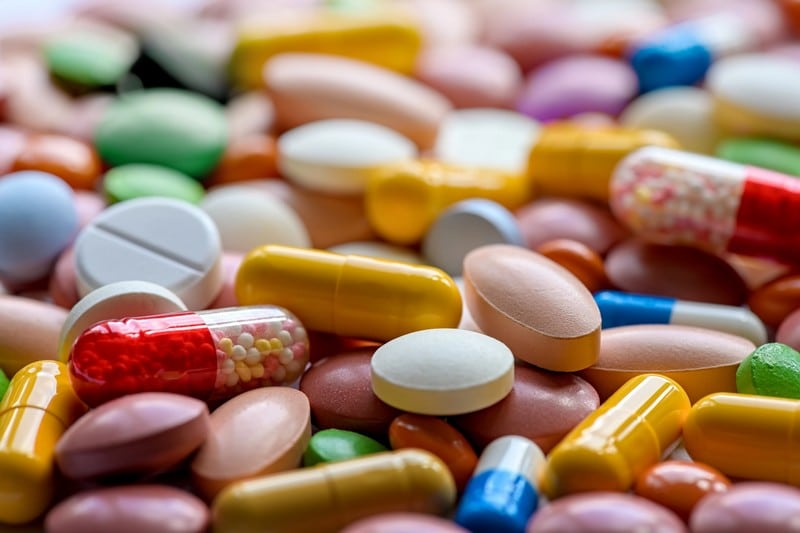Stimulants

Stimulants are prescribed drugs that help travel messages by speeding up the process. Results include feeling more awake, increased alertness, boost in confidence, energy, and impulsiveness. An example of a stimulant is caffeine or coffee. In its purest form, coffee is a powerful stimulant that can increase brain activity and improve nervous system processes. It can also aid in circulating chemicals needed for day-to-day body functions, such as cortisol, which enhances glucose usage and assists tissue repair, and adrenaline, which increases heartbeat and breathing. In conclusion, coffee is a stimulant for the central nervous system.
However, an excessive amount of coffee can cause muscle twitching or fasciculation. This is due to the adrenaline it produces. Adrenaline causes muscle twitching because it redirects the blood towards the fasciculi and surges the muscles, giving them more energy. Muscle is sensitive since a bit of change in energy may cause it to contract. When a nerve is stimulated or damaged, it signals the fibers to contract, which results in fasciculation.










